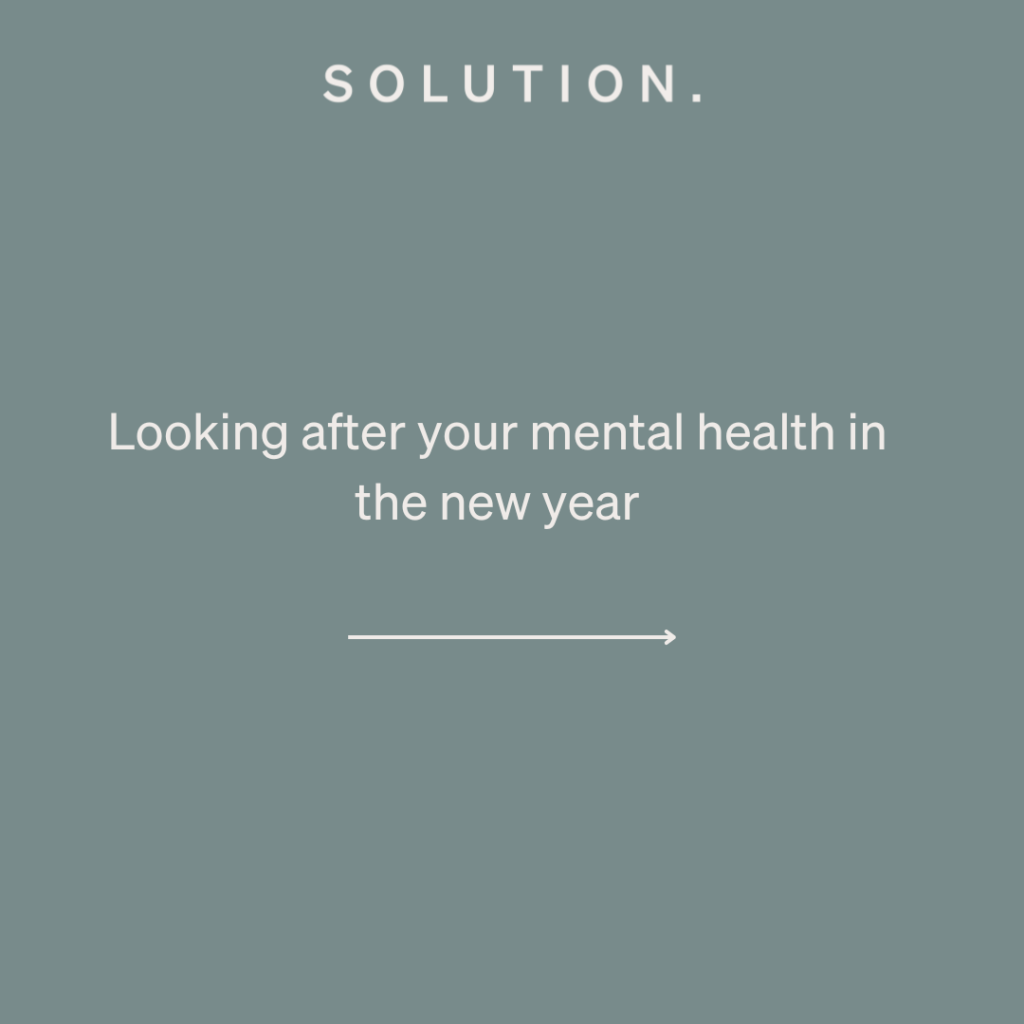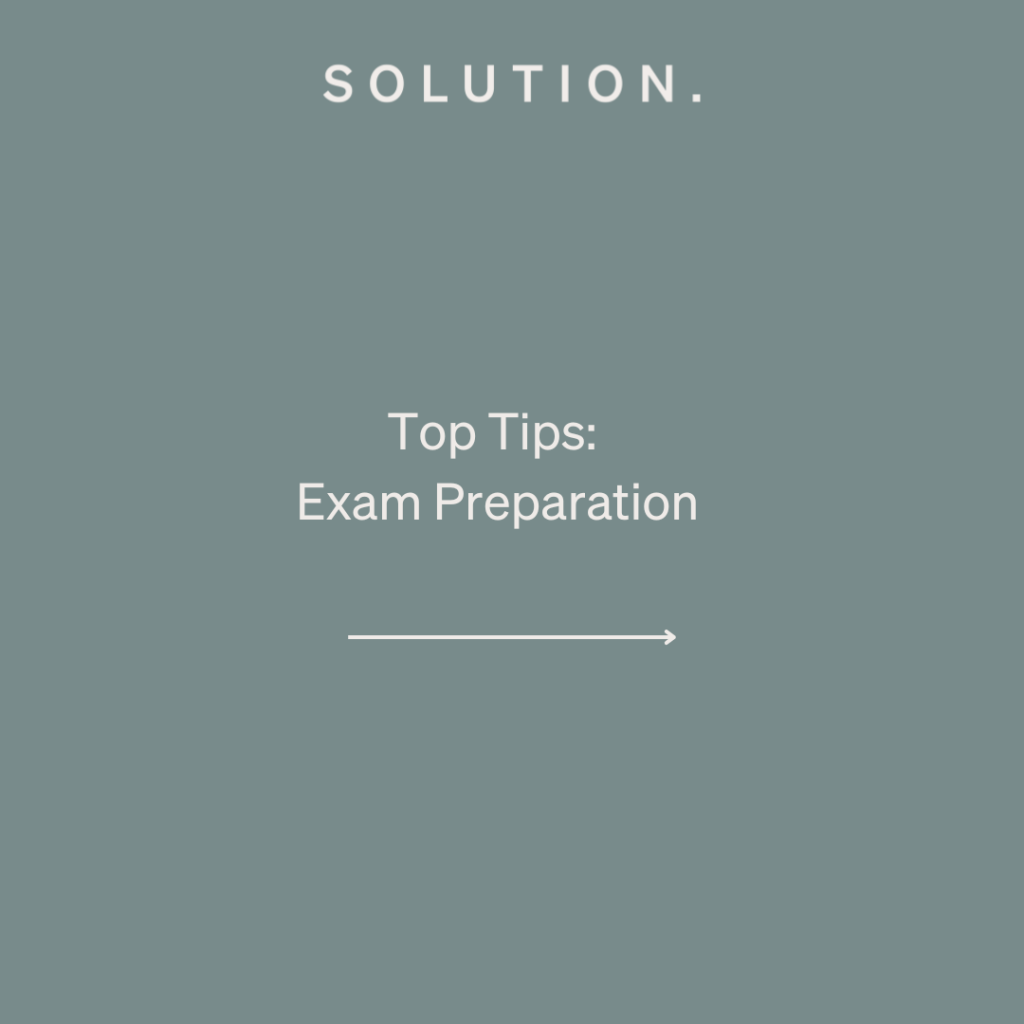Amongst athletes one of the biggest risk factors for mental distress, is injury in sport. Injuries in sport not only impact our physical health but can also lead to low mood and feelings of helplessness and frustration. All these feelings are normal, and it is very natural for athletes to sit within this space whilst processing their injury and understanding their rehab journey to return to sport.
You may have just experienced a surge of physical pain whilst sustaining your injury and for an athlete, you are not just dealing with the injury itself, but also a potential loss in an activity that may bring you some relief, enjoyment or even escape from the day-to-day activities. So, it is important to allow yourself to sit with these feelings of frustration and/or loss and ultimately try to be kind to yourself. It is completely normal and okay to not feel like your usual self. For athletes suffering from an injury, it’s important to visualise a healthy version of yourself and to remain optimistic whilst you await your return to sport. Another way to describe this is mental imagery. Mental imagery can be the stepping stone in improving our overall outlook on our injury, and can be done easily with your eyes closed, or even with your eyes open. Mental imagery allows us to rehearse the skills we use, to improve our confidence, gain mastery in our chosen sport and move away from the feelings of loss and frustration.
Imagine you are a basketball player sitting on the sidelines with a knee injury, whilst you watch your team train 2 times a week and play every weekend. You may be feeling sad that you aren’t out there with your team or experiencing frustration due to your limited mobility on your crutches and knee brace. Option 1 is to let yourself feel sad and frustrated and make minimal to no effort in challenging the unhelpful thoughts that arise. This feeling slowly but surely starts to grow every training and game and soon results in your emotions turning into anger and resentment towards your teammates. You’re frustrated because they are playing and getting better, however you’re stuck on the sidelines. Now you sit in a place of solitude where every training and game, you struggle to connect with your teammates and are starting to feel isolated from those around you and disliking a sport you once loved. Option 2 however, is you let yourself feel sad and frustrated knowing that you’ve lost an important aspect of your life, however, you continue to tell yourself ‘that this isn’t going to be forever’. So, you continue to adopt a positive mindset and you find moments in which you can practice mental imagery. You imagine the actions of shooting a free throw, you imagine what it would feel like to run again on your now healthier and stronger legs, and you imagine all the small things you can do to help your team succeed. As a result, you are more engaged at training and taking every opportunity to cheer and celebrate your teammates. You provide feedback to the players and coaches where possible and visualise the day you are finally back out there on the court playing the sport you love. Which option do you think will better prepare a player for their return to sport? Which option do you think will allow yourself to feel both supported and optimistic about the whole experience?
It is also important to acknowledge that setbacks during the rehab journey is totally normal. These setbacks can be seen as another opportunity to strengthen your body and your mind. After all, you can’t have setbacks unless you’ve made progress. Understand that your family, friends, teammates, and coaches can be your strongest network of support during these times. Whilst they may not directly understand the experience you’re going through, they’re there to provide you a listening ear and bring some relief to your life during a trying time. If you’re in a place where you’re struggling to see the light at the end of the tunnel, reach out to your general practitioner or seek support with a psychologist. Make sure to also talk to your health professional and understand your rehab journey, so you can set realistic goals about your return to sport. These goals will give you something to look forward to and strive to work towards.



